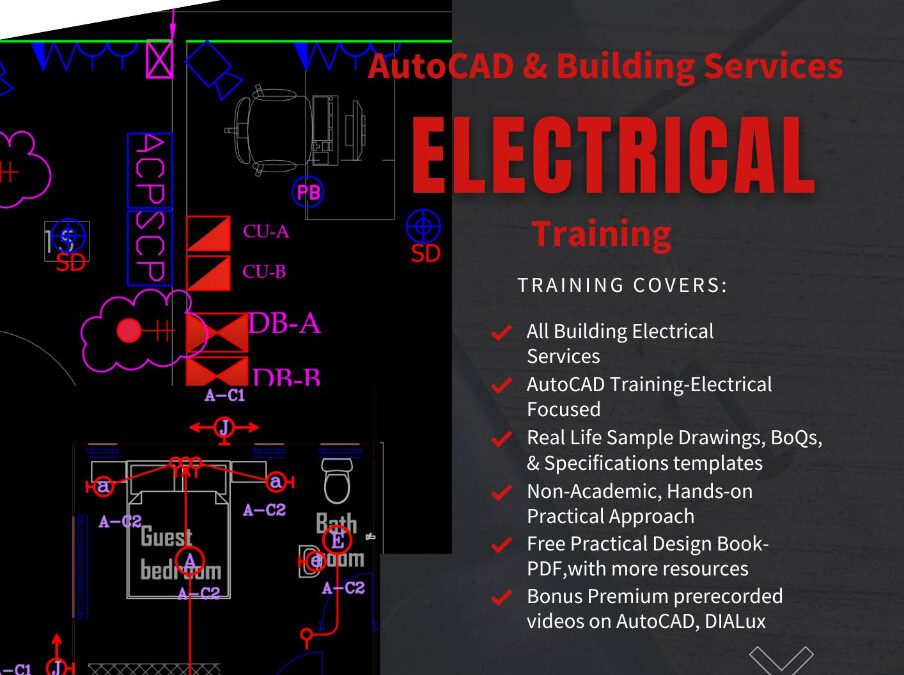If you need to study a standardized subject, say Calculus or Statistics, you go to a reputable institution of learning where you can expect the subject to correspond to the convention. There could be variations, and these may matter, but not much, except for the reputation of the university or college. The instructor and, to some extent, the university matter less than the subject.
But if your aim is to acquire a professional skill, then you would go to a specific professional or a group of specific professionals who have an intimate knowledge of the intricacies of the subject matter and clinical experience. That is how the apprenticeship model worked in the past. That is how Michael Faraday, the father of electricity, learned. Even in subjects such as philosophy or medicine, you went to a person, not an institution, and your training or “degree” (when available) was attached to the instructor.
Electrical Engineering is not a generic topic. Especially Building Services and Electrical Engineering.
You cannot rely on an instructor who learned stuff in books and texts written by academics to have a clue about this field, hence be able to teach you the subject.
No, we are not competing with the University. We just focus on teaching you stuff that you need and that the university cannot possibly teach. And we teach people who do not like the university format with exams: the real world has no formal exam.
The idea is also to revolutionize education by making it closer to the practitioner model. No academic without real word background should teach a subject that has real-world implications (such as Engineering).
If you are been searching for this kind of training, look no further! Register for our unique training at the Real World Engineering Institute.
Download the training program here: Real World Engineering Institute Program

